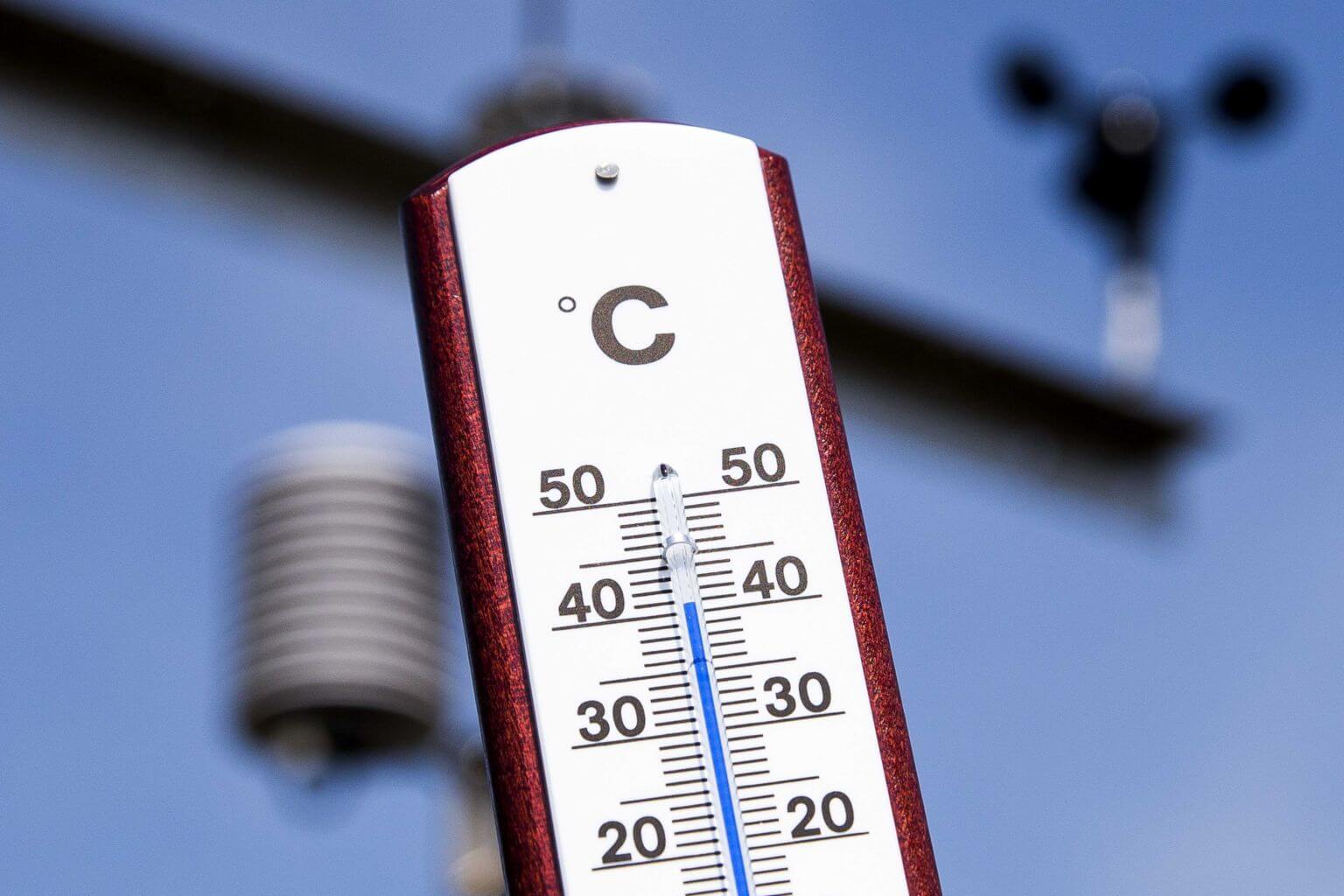July may set global record as hottest in recorded history: United Nations
Sign up now: Get ST's newsletters delivered to your inbox

July's first 29 days were marginally warmer or on par with July 2016, the previous hottest July when average temperatures over land and ocean were 0.87 deg C above the 20th-century average, according to WMO and National Oceanic and Atmospheric Administration data.
PHOTO: EPA-EFE
Follow topic:
NEW YORK (REUTERS) - The planet endured what may have been the hottest July in history, the World Meteorological Organisation (WMO) said on Thursday (Aug 1), just a week after a European heat wave shattered all-time records and also coming on the heels of the world's warmest-ever June.
The month's first 29 days were marginally warmer or on par with July 2016, the previous hottest July when average temperatures over land and ocean were 0.87 deg C above the 20th-century average, according to WMO and National Oceanic and Atmospheric Administration (NOAA) data.
"We have lived always through hot summers. But this is not the summer of our youth," Mr Antonio Guterres, the United Nations'(UN) secretary-general, told reporters.
The announcement came after the UN's WMO found that the previous month was the warmest June on record globally.
Scientists have linked the warming planet to man-made climate change, predicting a rise in temperatures of 1.5 deg C between 2030 and 2052 if global warming continues apace.
Emissions of carbon dioxide and other greenhouse gases are chiefly responsible for climate change, according to scientific consensus.
Heat waves "consistent with what we expect from climate change" scorched Belgium, Germany, Luxembourg, the Netherlands, France and Britain with new national temperature records last week.
The WMO said the month's searing heat was all the more noteworthy given that the record temperatures of July 2016 were tied to the El Nino phenomenon which contributes to heat, and which was not a factor this year.
Mr Guterres said the record temperatures based on provisional data were a reminder of the need to "take action on climate change now".
The world's top diplomat has been seeking support for a September summit at the United Nations dedicated to stoking political will to tackle the climate crisis.
NOAA defines July's global 20th century average for land and ocean surfaces at 15.8 deg C.

